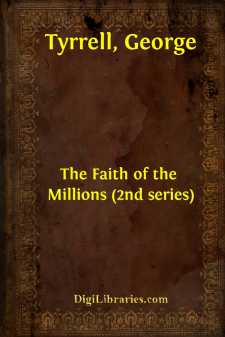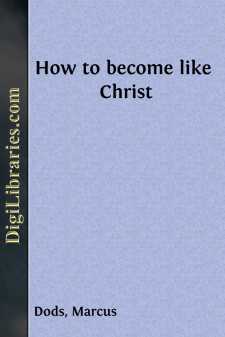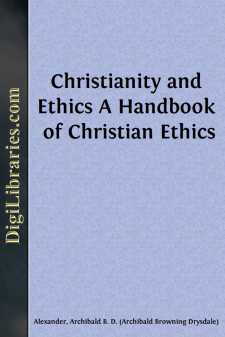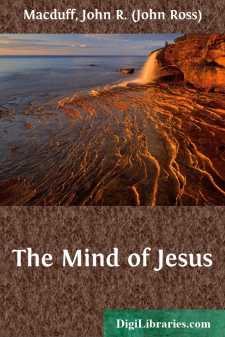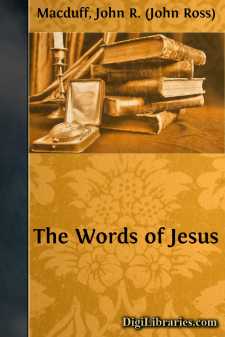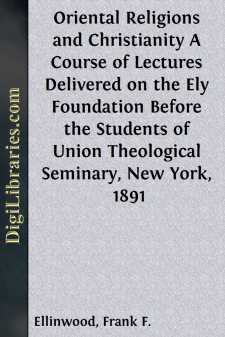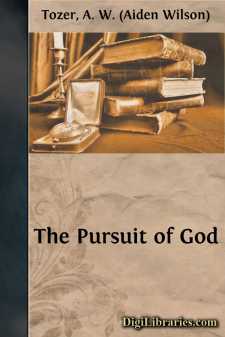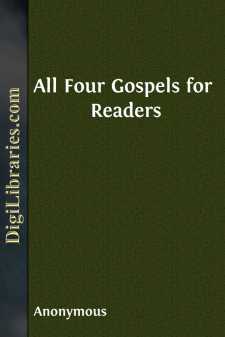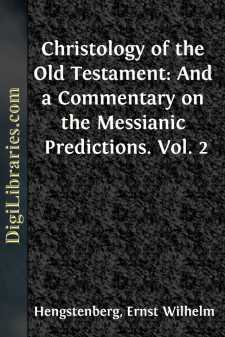Categories
- Antiques & Collectibles 13
- Architecture 36
- Art 48
- Bibles 22
- Biography & Autobiography 813
- Body, Mind & Spirit 142
- Business & Economics 28
- Children's Books 17
- Children's Fiction 14
- Computers 4
- Cooking 94
- Crafts & Hobbies 4
- Drama 346
- Education 46
- Family & Relationships 57
- Fiction 11829
- Games 19
- Gardening 17
- Health & Fitness 34
- History 1377
- House & Home 1
- Humor 147
- Juvenile Fiction 1873
- Juvenile Nonfiction 202
- Language Arts & Disciplines 88
- Law 16
- Literary Collections 686
- Literary Criticism 179
- Mathematics 13
- Medical 41
- Music 40
- Nature 179
- Non-Classifiable 1768
- Performing Arts 7
- Periodicals 1453
- Philosophy 64
- Photography 2
- Poetry 896
- Political Science 203
- Psychology 42
- Reference 154
- Religion 513
- Science 126
- Self-Help 84
- Social Science 81
- Sports & Recreation 34
- Study Aids 3
- Technology & Engineering 59
- Transportation 23
- Travel 463
- True Crime 29
Our website is made possible by displaying online advertisements to our visitors.
Please consider supporting us by disabling your ad blocker.
The Faith of the Millions (2nd series)
by: George Tyrrell
Categories:
Description:
Excerpt
XIII.
JULIANA OF NORWICH.
"One of the most remarkable books of the middle ages," writes Father Dalgairns, [1] "is the hitherto almost unknown work, titled, Sixteen Revelations of Divine Love made to a Devout Servant of God, called Mother Juliana, an Anchoress of Norwich" How "one of the most remarkable books" should be "hitherto almost unknown," may be explained partly by the fact to which the same writer draws attention, namely, that Mother Juliana lived and wrote at the time when a certain mystical movement was about to bifurcate and pursue its course of development, one branch within the Church on Catholic lines, the other outside the Church along lines whose actual issue was Wycliffism and other kindred forms of heterodoxy, and whose logical outcome was pantheism. Hence, between the language of these pseudo-mystics and that of the recluse of Norwich, "there is sometimes a coincidence вЦ which might deceive the unwary." It is almost necessarily a feature of every heresy to begin by using the language of orthodoxy in a strained and non-natural sense, and only gradually to develop a distinctive terminology of its own; but, as often as not, certain ambiguous expressions, formerly taken in an orthodox sense, are abandoned by the faithful on account of their ambiguity and are then appropriated to the expression of heterodoxy, so that eventually by force of usage the heretical meaning comes to be the principal and natural meaning, and any other interpretation to seem violent and non-natural. "The few coincidences," continues Father Dalgairns, "between Mother Juliana and Wycliffe are among the many proofs that the same speculative view often means different things in different systems. Both St. Augustine, Calvin, and Mahomet, believe in predestination, yet an Augustinian is something utterly different from a Scotch Cameronian or a MahometanвЦ. The idea which runs through the whole of Mother Juliana is the very contradictory of Wycliffe's Pantheistic Necessitarianism." Yet on account of the mere similarity of expression we can well understand how in the course of time some of Mother Juliana's utterances came to be more ill-sounding to faithful ears in proportion as they came to be more exclusively appropriated by the unorthodox. It is hard to be as vigilant when danger is remote as when it is near at hand; and until heresy has actually wrested them to its purpose it is morally impossible that the words of ecclesiastical and religious writers should be so delicately balanced as to avoid all ambiguities and inaccuracies. Still less have we a right to look for such exactitude in the words of an anchoress who, if not wholly uneducated in our sense of the word, yet on her own confession "could no letter," i.e., as we should say, was no scholar, and certainly made no pretence to any skill in technical theology. But however much some of her expressions may jar with the later developments of Catholic theology, it must be remembered, as has been said, that they were current coin in her day, common to orthodox and unorthodox; and that though their restoration is by no means desirable, yet they are still susceptive of a "benignant" interpretation....


